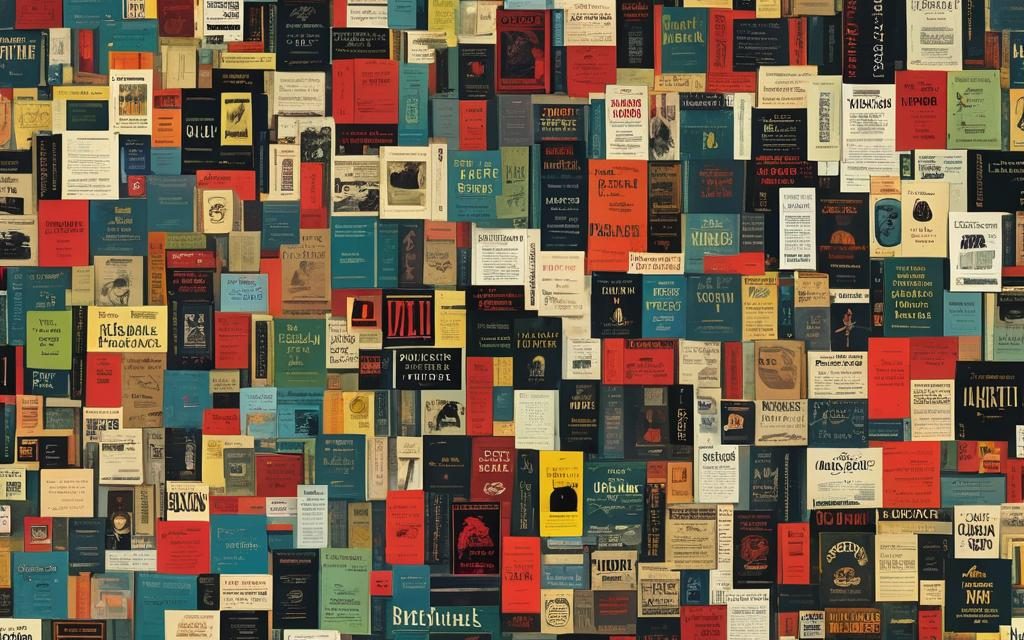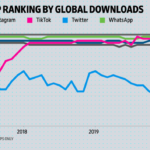
A Comprehensive Exploration of Banned Books and World Book Day

World Book Day is a momentous occasion, marked globally to celebrate the profound impact that literature has on our lives—shaping societies, enriching cultures, and expanding the frontiers of knowledge. Originating under the aegis of UNESCO in 1995, this day not only honors the legacy of iconic authors but also underscores the pivotal role of books in fostering literacy and education across the world. Each year, a city is designated as the World Book Capital, leading initiatives to promote reading and literary culture over twelve months, starting from April 23. This year, Strasbourg, France, with its rich literary heritage and dynamic programs like Reading for the Planet, stands at the forefront of these efforts.
In parallel, issues surrounding book censorship continue to provoke debate, particularly in the United States where book bans are not uncommon. This exploration delves deep into the landscape of banned books, drawing on a survey of 1,158 individuals from all US states to gauge public sentiment towards such bans, the extent of legislative measures, and the general reading habits of Americans. Moreover, the phenomenon is placed in a global context, reflecting on censorship practices worldwide.
What is World Book Day?
Established by UNESCO, World Book Day was created to celebrate the significant contribution of books and authors, promoting the enjoyment of reading globally. Commemorated by over 100 countries, the event also coincides with the anniversaries of the deaths of several great writers such as William Shakespeare and Miguel de Cervantes, adding a poignant reminder of the enduring legacy of these literary giants.
The Phenomenon of Book Bans in the US
Despite the First Amendment, book bans remain prevalent across the United States. A report by Every Library reveals that, as of 2023, 39 states had active book-banning legislation, with an additional 113 bills proposed throughout the year. Surprisingly, a significant portion of the populace remains unaware of these legislative actions. Our survey indicates that 58% of respondents were oblivious to local book ban laws, and 54% opposed book banning under any circumstances.
The International Scope of Book Bans
Globally, censorship extends across various genres and topics, with non-fiction drawing particular scrutiny for its potential to provoke thought and debate. For example, Words Rated found that non-fiction accounts for about 25% of all book bans internationally, often targeting works that traverse complex subjects like politics, economics, and human rights.
Academic Censorship: Book Bans in Schools
In the educational sector, the prevalence of book bans is alarming, with over 2,500 different books targeted across the US in 2022 alone. These bans disproportionately affect young adults and students, limiting access to diverse narratives and subjects, from sexual health to racial issues. Certain states, notably Florida and Missouri, are particularly aggressive in their censorship efforts.
Why Books Are Banned
The primary drivers for book bans in the US include sexual content, offensive language, and themes deemed inappropriate for minors. 2023 saw books with LGBTQIA+ themes and explicit content frequently challenged. The most contested books included Gender Queer: A Memoir by Maia Kobabe and All Boys Aren’t Blue by George M. Johnson, reflecting ongoing cultural and societal debates.
Top 5 Most Recently Challenged/Banned Books in the US & Why
| Rank | Book | Reasons for Challenge/Ban |
|---|---|---|
| 1 | Gender Queer: A Memoir by Maia Kobabe | LGBTQIA+ content, Sexually explicit content |
| 2 | All Boys Aren’t Blue by George M Johnson | LGBTQIA+ content, Sexually explicit content |
| 3 | The Bluest Eye by Toni Morrison | Sexually explicit content, Domestic abuse |
| 4 | Flamer by Mike Curato | LGBTQIA+ content, Sexually explicit content |
| 5 (tie) | Looking for Alaska by John Green The Perks of Being a Wallflower by Stephen Chbosky |
LGBTQIA+ content, Sexually explicit content, Domestic abuse |
Top 5 Most Recently Challenged/Banned Books around the world & Why
| Rank | Book | Reasons for Challenge/Ban |
|---|---|---|
| 1 | 1984 by George Orwell | Pro-communist, Sexual content, Anti-communist |
| 2 | The Adventures of Huckleberry Finn by Mark Twain | Racism |
| 3 | The Catcher in the Rye by JD Salinger | Profanity, Unsuitable for children |
| 4 | The Color Purple by Alice Walker | Sexual content, Profanity, Unsuitable for children, Racism |
| 5 | The Great Gatsby by F. Scott Fitzgerald | Drugs, Profanity, Sexual content |
The Shift in Reading: From Print to Digital
The advent of digital technology has transformed the publishing industry. Ebooks and digital readers offer a convenient alternative to traditional print, though they bring their own set of security concerns related to cyber threats. Despite the rise of digital formats, physical books continue to hold a significant market share, with a majority expressing a preference for tangible copies over electronic versions.
Public Sentiment on Book Bans
Our extensive survey also touched on public perceptions of censorship. Interestingly, while a substantial number of respondents (44%) believed no books should be banned, a smaller segment (20%) supported bans if they disagreed with the content. This split underscores the complex attitudes toward freedom of expression and the role of literature in society.
Celebrating Unrestricted Literature
As we observe World Book and Copyright Day, embracing books that have overcome the barrier of censorship offers a powerful testament to the resilience of the written word. Celebratory recommendations span all age groups, from Red Riding Hood for young children to The Hate U Give by Angie Thomas for teens, demonstrating the broad appeal and importance of these works.
The discourse around banned books is as much about the contents of the pages as it is about the societal values and conflicts they illuminate. By understanding and challenging book bans, communities can foster a more inclusive and enlightened engagement with literature. This World Book Day, let us advocate for unrestricted access to books, honoring their ability to enlighten, entertain, and inspire.
This exploration not only provides a nuanced look at the issue of book bans but also celebrates the profound global impact of literature on World Book Day. By examining the intersections of culture, law, and individual rights, it invites



































Recent Comments